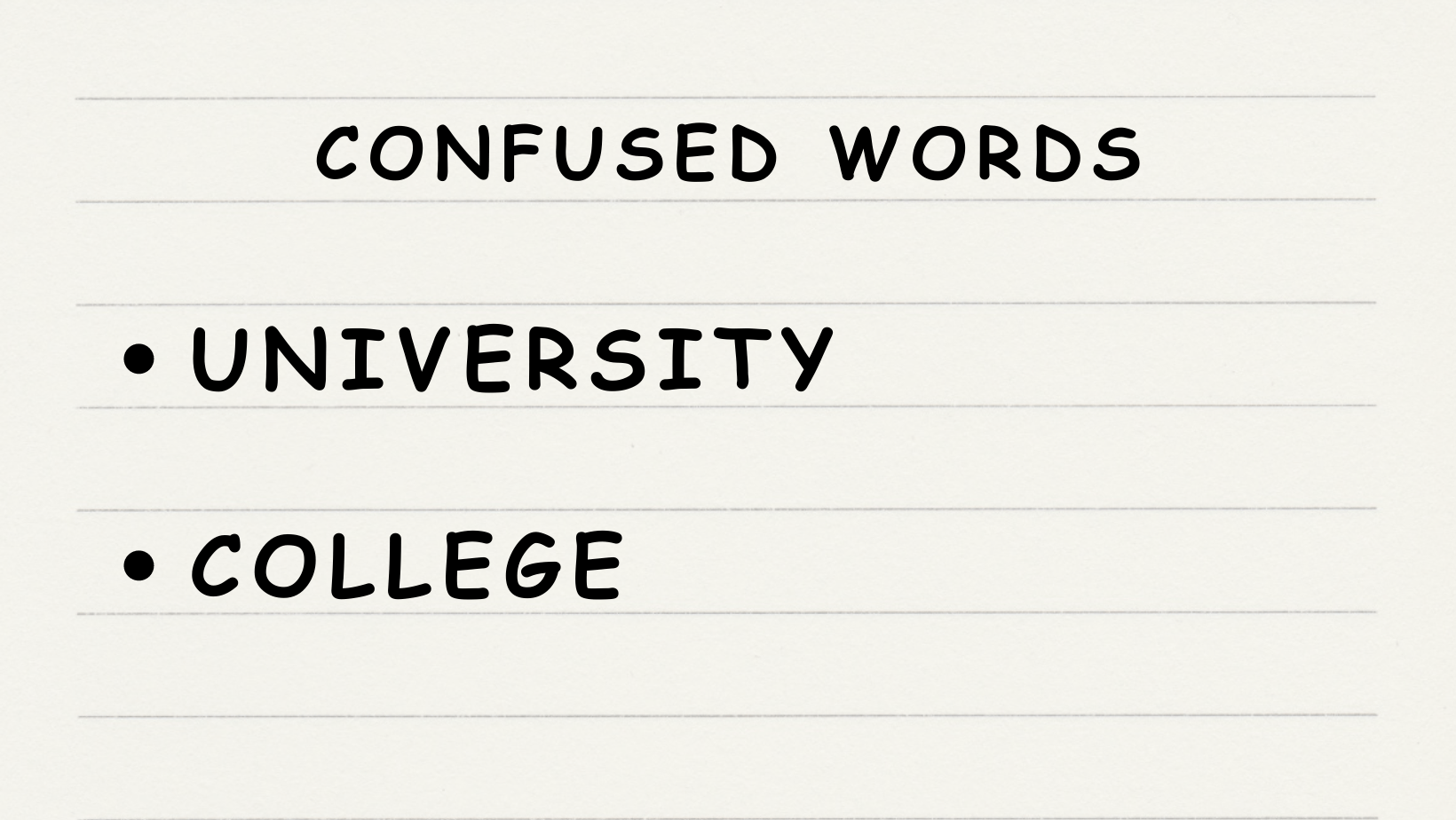
Hello there, eager learners! Today, let’s unravel the mystery between two seemingly similar words, “special” and “especial“. While they might look alike, there’s a subtle difference in their meanings. Ready to dive in? Let’s go!
Special
The word “special” (IPA: /ˈspɛʃəl/) describes something that stands out from the rest because it’s different, exceptional, or distinctive in some way.
Examples:
- Today is a special day; it’s her birthday. (Today is a distinctive day because it’s her birthday)
- He has a special talent for playing the piano. (He has an exceptional talent for playing the piano)
- She made a special dinner for the family. (She made a distinctive dinner for the family)
- This is a special edition of the book. (This edition of the book is exceptional)
- I have a special place in my heart for my hometown. (My hometown holds a distinctive place in my heart)
Especial
The word “especial” (IPA: /ɪˈspɛʃəl/), although not commonly used in modern English, is often replaced by the word “special.” When it is used, it emphasizes the unusual significance of a particular person or thing among others of its kind.
Examples:
- He has an especial interest in ancient history. (He has a notably strong interest in ancient history)
- This restaurant has an especial dish that’s loved by all. (This restaurant has a particularly loved dish)
- She showed especial kindness to the children. (She showed notably strong kindness to the children)
- This author’s books hold an especial place in my library. (This author’s books hold a notably significant place in my library)
- They took especial care of the vintage car. (They took particularly careful care of the vintage car)
Conclusion
So, what did we learn? The words “special” and “especial” both indicate that something stands out. However, “special” is generally used, while “especial” emphasizes the unusual significance of something. Keep practicing and soon, these words will become a “special” part of your English vocabulary!


